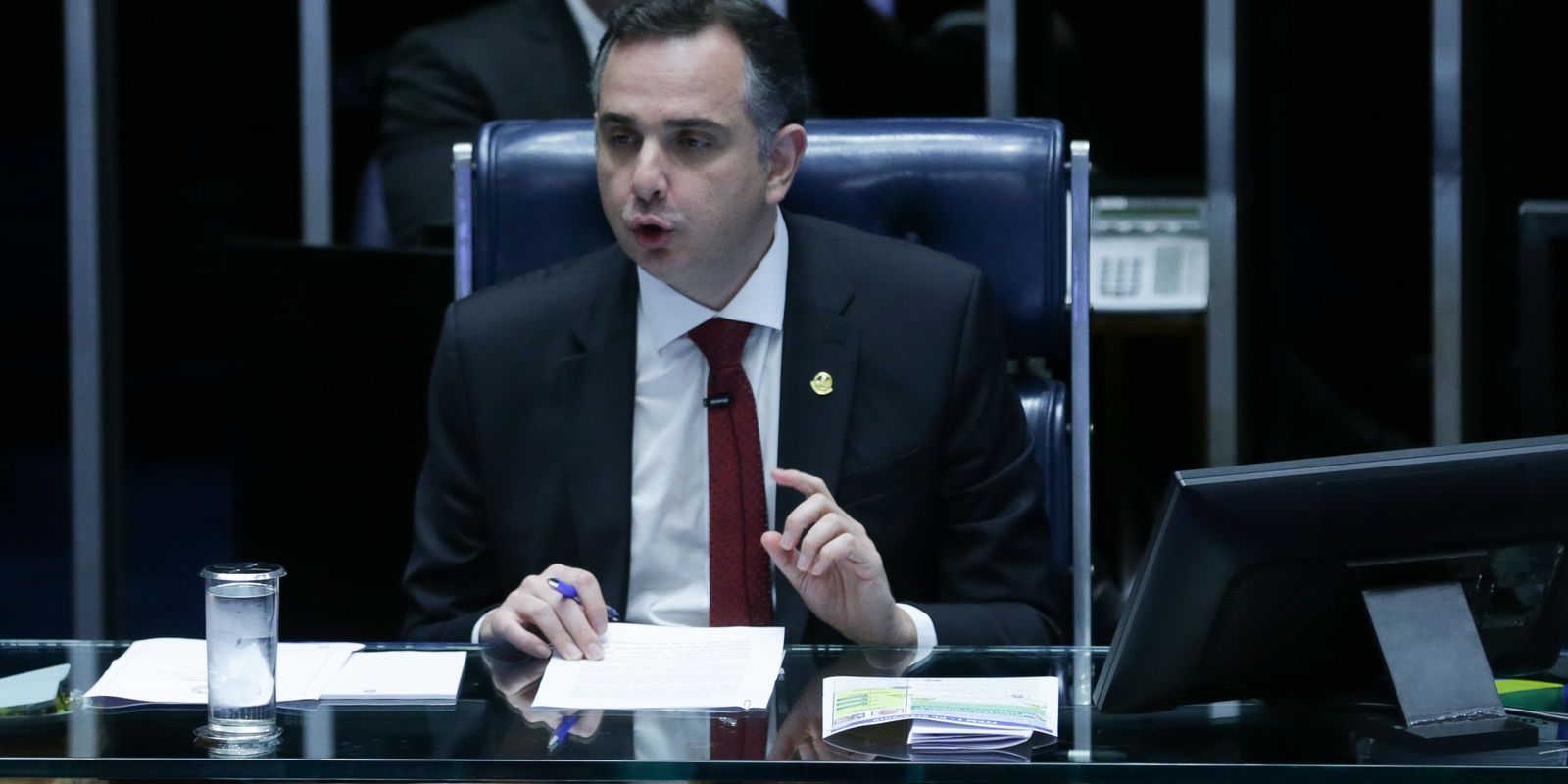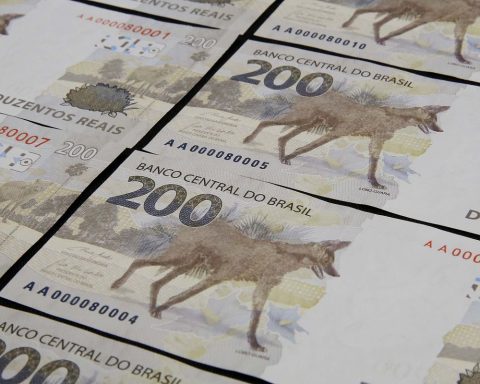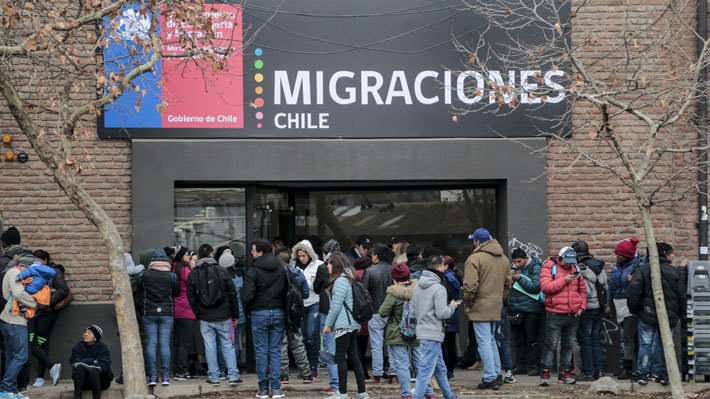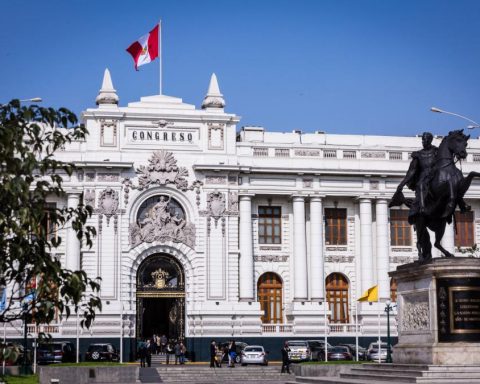After the dollar broke a new record this Friday (29) and reached R$ 6.10, the president of the Senate, Rodrigo Pacheco (PSD-MG), released a statement stating that there will be no income tax reform if there are no fiscal conditions for this.
“The issue of IR exemption [Imposto de Renda]although it is everyone’s desire, it is not an agenda for now and it can only happen if, and only if, we have the fiscal conditions for it. If we don’t have it, it won’t happen. But this is a discussion going forward, which will depend a lot on Brazil’s ability to grow and generate wealth, without increasing taxes”, stated Pacheco.
Market analysts have indicated that the rise in the dollar is related to the government’s announcement to exempt those who earn up to R$5,000 a month from Income Tax (IR), taxing those who earn over R$50,000 an additional 10%.
Brazil’s executive director at the International Monetary Fund (IMF) and licensed economics professor at the University of Brasília (UnB), André Roncaglia, told Brazil Agency that this is a defensive reaction by financial asset managers who do not know what the taxation of the richest people who currently do not pay taxes on dividends will be like, for example.
“The message was poorly received by part of the financial market which, suddenly, was asking for spending cuts and saw that it would have to participate in the adjustment through an increase in taxation on income at the top of the pyramid. Investors end up playing against the real, not because they want to play against the currency, but because it is a defensive reaction, since they don’t know where tax policy is going”, he explained.
For economist and professor at UnB César Bergo, the market exaggerated its reaction, since the Income Tax exemption proposals will only be discussed in 2025. “This momentary speculation occurs until the measures are well clarified, including considering that the Income Tax exemption would not come into force in 2025. If it does come into force, it will only be in 2026. It seems to me to be a bit of an exaggeration by the market. So, it may happen that, in the coming days, the dollar actually shows less volatility,” Bergo told Brazil Agency.
When presenting the proposals to the Senate leaders, this Thursday (28), the Minister of Finance, Fernando Haddad, stated that the noise generated in the market is related to the proposals for tax reform on income and pointed out that the changes will have an impact neutral tax, that is, what is exempted on one side will have to be compensated on the other.
“The reform, both of consumption and income, is neutral from a fiscal point of view. No one is willing to vote for a reform that is not neutral. This will be observed in the ordinary law that regulates the matter of income reform”, explained Haddad.
Cost cutting
The president of the Senate also commented on the proposals to cut spending, which foresee a reduction in expenses of around R$70 billion in the next two years and up to R$327 billion in five years, saying that the National Congress needs to support this initiative.
“It is important that Congress supports control, governance, compliance and spending cut measures, even if they are not very friendly. Others can even be considered, as this package should be seen as the beginning of a journey of fiscal responsibility”, highlighted Rodrigo Pacheco.

















